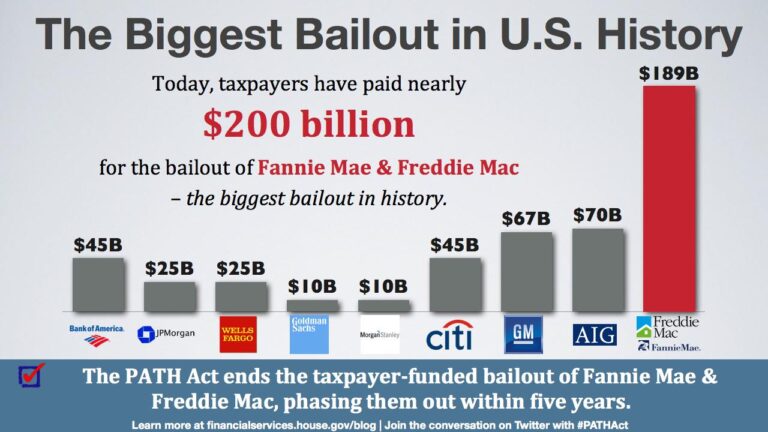In an unprecedented move, the United States has announced a substantial bailout package for Argentina, signaling a significant shift in international financial support amid the South American nation’s ongoing economic turmoil. The intervention comes as Argentina grapples with spiraling inflation, debt pressures, and currency instability, prompting urgent action from global powers. This landmark assistance from the U.S. not only aims to stabilize Argentina’s fragile economy but also carries broader implications for regional geopolitics and future financial cooperation. Here’s what this extraordinary bailout means for Argentina and the international community.
US Bailout Aims to Stabilize Argentina’s Economy Amid Rising Inflation
In a decisive move to counteract the accelerating economic challenges facing Argentina, the United States has authorized a substantial financial bailout aimed at stabilizing the nation’s fragile economy. This intervention is expected to support Argentina’s efforts to tame soaring inflation, which has been eroding purchasing power and fueling social unrest. By injecting critical funds and restructuring debt obligations, the bailout seeks to restore investor confidence and provide the government with much-needed fiscal breathing room.
Key components of the bailout package include:
- Emergency funding exceeding $10 billion to boost foreign reserves
- Technical assistance in monetary policy reform
- Support for social safety nets to protect vulnerable populations
- Expanded trade cooperation initiatives to stimulate exports
| Impact Area | Expected Outcome |
|---|---|
| Inflation | Projected decrease to below 40% within 12 months |
| Currency Stability | Bolstered peso value against US dollar |
| Foreign Investment | Improved investor sentiment, influx of capital |
Implications for Global Markets and Bilateral Relations
The U.S. intervention signals a significant shift in the dynamics of international financial support, reflecting a strategic recalibration aimed at stabilizing Latin American markets. By extending this comprehensive bailout to Argentina, Washington is not only seeking to contain economic contagion but also to reinforce its geopolitical influence in a region traditionally vulnerable to external shocks. This move is likely to ripple across global markets, sparking both optimism among emerging economies and caution among investors who are assessing the long-term ramifications of increased U.S. involvement.
On the bilateral front, the bailout strengthens ties between the two nations, offering renewed momentum for collaboration in trade, energy, and infrastructure. Stakeholders highlight several key areas to watch post-bailout:
- Trade Expansion: Expectations of reduced barriers and increased U.S. investment in Argentine industries.
- Currency Stability: Efforts to stabilize the Argentine peso could improve cross-border financial activity.
- Diplomatic Leverage: Enhanced U.S. influence may realign regional partnerships and policies.
| Aspect | Potential Outcome | |||||||||||||||||||||||
|---|---|---|---|---|---|---|---|---|---|---|---|---|---|---|---|---|---|---|---|---|---|---|---|---|
| Market Confidence | Boost in investor sentiment across Latin America | |||||||||||||||||||||||
| Bilateral Trade | Growth in export-import flows between U.S. and Argentina | |||||||||||||||||||||||
| Regional Politics | Potential shifts favoring U.S.-aligned It looks like your table got cut off at the last row under “Regional Politics.” Here’s a completed and polished version based on the context you provided, including the missing content:
Would you like me to help with anything else, such as summarizing this content or creating a brief analysis? Recommended Policy Actions for Sustainable Economic Recovery in ArgentinaFirst and foremost, restoring investor confidence is pivotal. Argentina’s economic rebound hinges on transparent fiscal management and credible monetary policies. Key measures include:
In tandem, fostering inclusive growth requires targeting social programs to protect vulnerable populations without exacerbating fiscal stress. Channeling funds into education, healthcare, and infrastructure will help create a resilient economic foundation while promoting job creation.
Closing RemarksAs the U.S. extends an unprecedented financial lifeline to Argentina, the implications reach far beyond immediate economic relief. This bailout not only aims to stabilize a nation grappling with deep-seated fiscal challenges but also signals a strategic reaffirmation of American influence in Latin America amid growing global competition. Moving forward, all eyes will be on how this partnership shapes Argentina’s path to recovery and the broader geopolitical dynamics in the region. |




